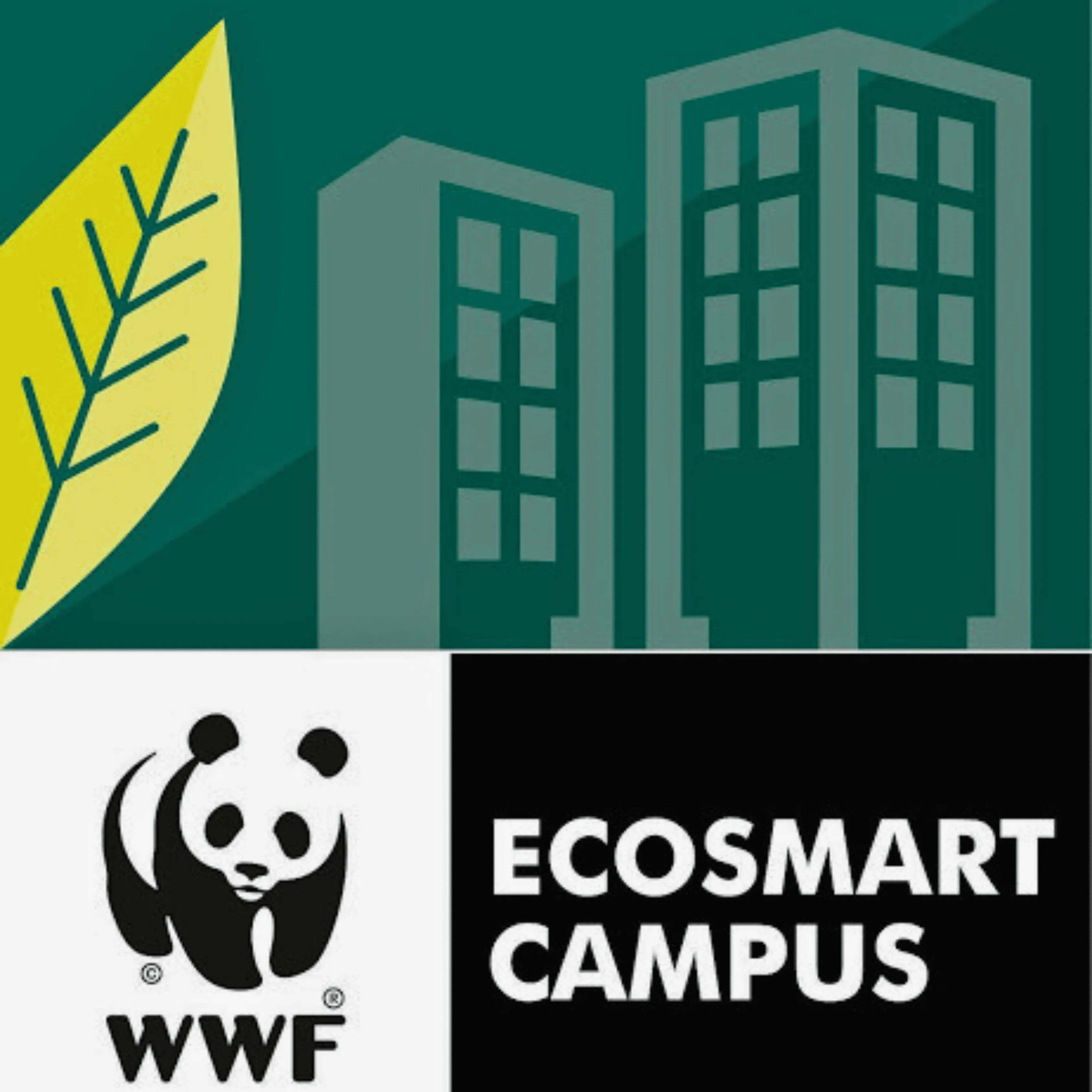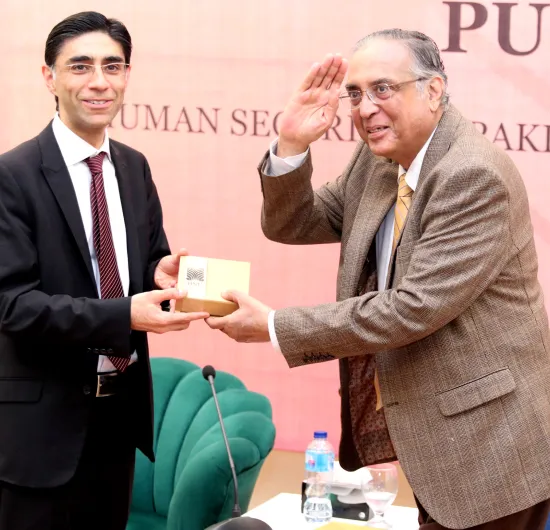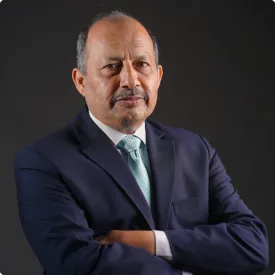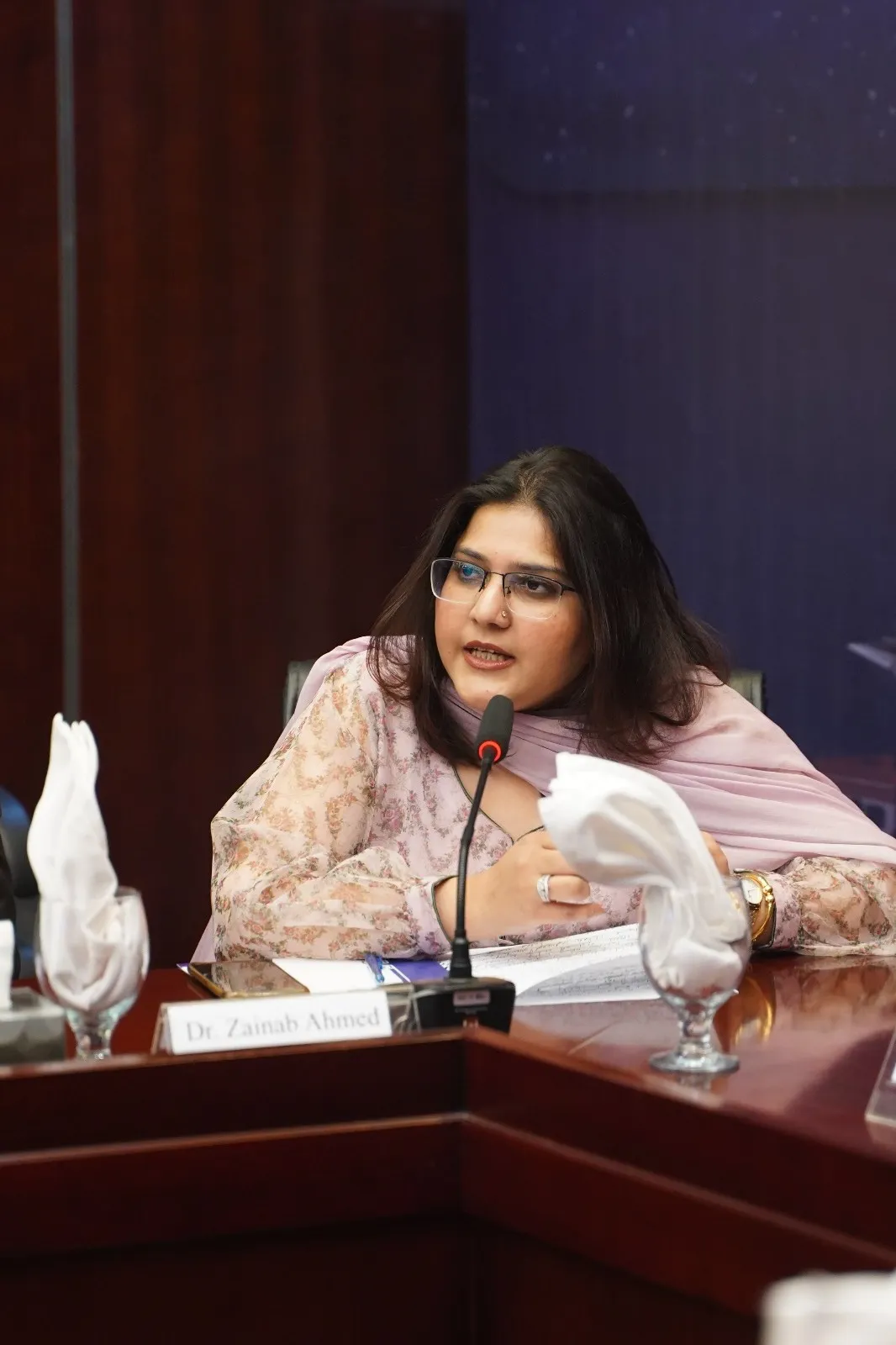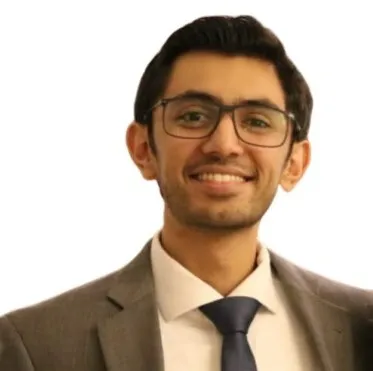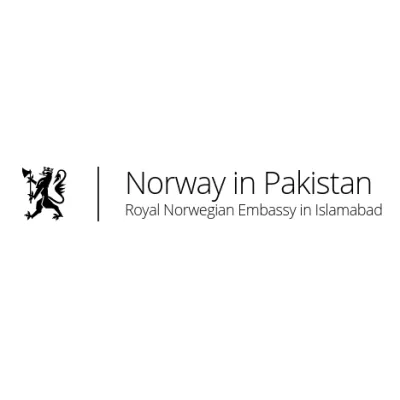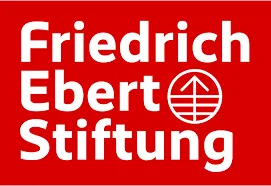Ms. Mahreen Zaib Mughal
Ms. Mahreen Zaib serves as a Research Associate and Project Coordinator at BNU's Centre for Policy Research. With an MPhil in Art and Design from the Pakistan Institute of Fashion and Design, she brings a dynamic blend of research, visual communication, and project management expertise to her role. Her academic journey began at the University of the Punjab, where she pursued a multidisciplinary undergraduate degree in Arts, Psychology, and Journalism. She has previously worked as a Creative Research Manager in Dubai and as a Creative Designer at Systems Limited, where she led design initiatives that merged functionality with storytelling. At BNU, Ms. Zaib holds a multidisciplinary role that combines her expertise in creative design, research, and strategic communication. As the Editor of Policy Beacon, she is responsible for managing research papers and shaping editorial frameworks. She plays a key role in coordinating events and overseeing visual design, content creation, and social media management to enhance outreach and engagement.
Ms. Zaib is available at the following contact details.
Email: mahreen.zaib@bnu.edu.pk
Ext Number: 426
Mr. Sarmad Wali Khan
Mr. Sarmad Wali Khan serves as a Research Associate and Project Coordinator at the Centre for Policy Research, BNU. He is a development professional whose work sits at the intersection of research, policy, and implementation. Currently with BCPR as a Research Associate and Program Coordinator, he designs and executes strategic initiatives that translate complex ideas into tangible impact.
Sarmad's career reflects a commitment to spanning sectors and disciplines. He has shaped young minds as a lecturer and debate coach, led an education program at the National History Museum, and contributed to global policy conversations through work with international organizations like The Human Survival Project on UN reforms and The Borgen Project on reforming US foreign policy. His writings on governance and global affairs reveal a thinker who values both depth and accessibility—qualities that make him equally effective in the seminar room, the policy workshop, or the field.
Mr. Sarmad is available at the following contact details.
Email: sarmad.wali@bnu.edu.pk
Ext Number: 426
Mr. Arsam Tufail Butt
Mr. Arsam Tufail Butt is a student and practitioner of governance and public policy with over four years of experience in legislative development, democratic governance, and civic engagement in Pakistan. Currently serving as a Research Associate and Outreach Coordinator at the Beaconhouse National University (BNU) Centre for Policy Research (BCPR), he has previously worked with leading institutions including the Pakistan Institute of Legislative Development and Transparency (PILDAT), GIZ Pakistan, and the National Assembly of Pakistan under European Union and USAID funded initiatives.
His work spans parliamentary strengthening, electoral reforms, civil rights, local governance, and citizen engagement, combining research with policy advocacy and stakeholder coordination. A graduate in Political Science, with Economics and Law, from Government College University Lahore, and a certified Parliamentary Development and Governance professional of the Commonwealth Parliamentary Association’s Parliamentary Academy in the UK, Arsam has co-authored several district governance profiles, contributed to legislative research, and organized numerous policy dialogues and conferences. His professional and academic journey reflects a consistent commitment to inclusive governance, institutional reform, and civic empowerment in Pakistan.
Mr. Arsam is available at the following contact details.
Email: arsam.tufail@bnu.edu.pk
Ext Number: 426
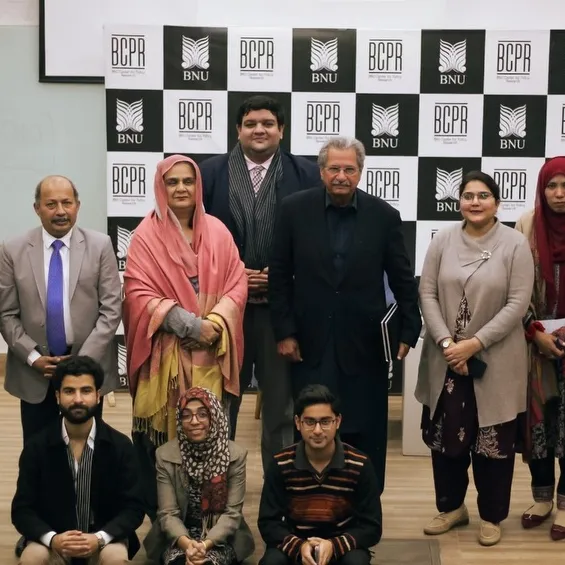 BCPR Hosts Shafqat Mehmood for Pakistan Talks Session
BCPR Hosts Shafqat Mehmood for Pakistan Talks Session 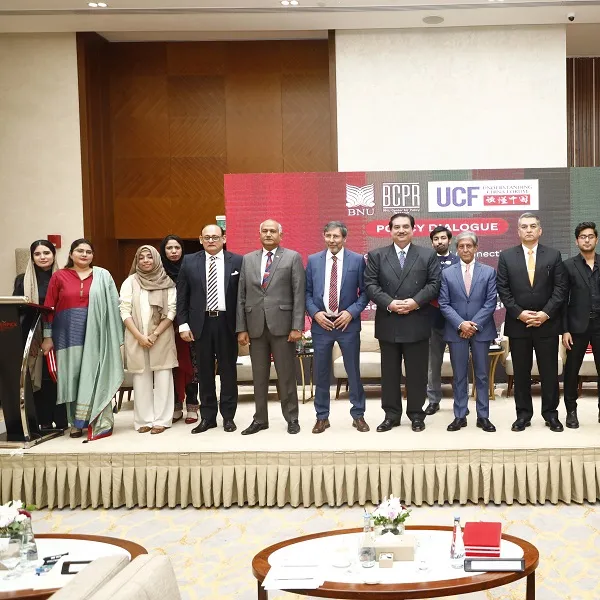 BCPR–UCF High-Level Dialogue on Pakistan–China Strategic Cooperation
BCPR–UCF High-Level Dialogue on Pakistan–China Strategic Cooperation 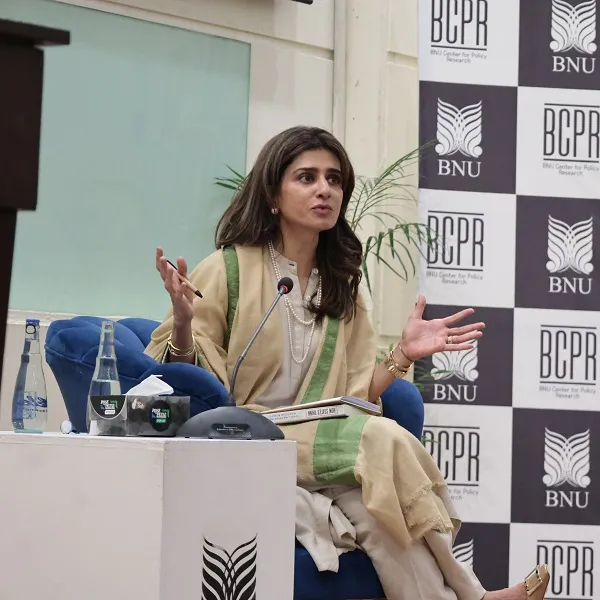 BCPR Hosts “What is Your Pakistan?” Session with Hina Rabbani Khar
BCPR Hosts “What is Your Pakistan?” Session with Hina Rabbani Khar 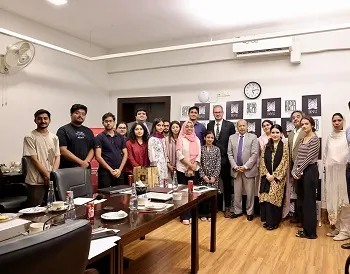 BCPR Brings Together Faculty and Students for Unity in Diversity Workshop
BCPR Brings Together Faculty and Students for Unity in Diversity Workshop 